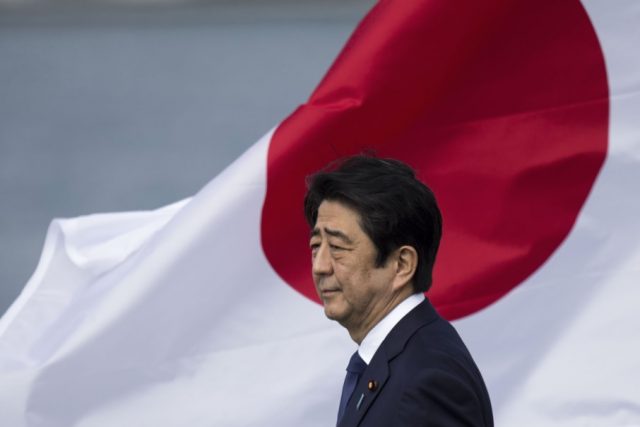“Even though there is one year to go in my tenure and there are challenges to be met, I have decided to stand down as prime minister,” said Prime Minister Shinzo Abe during a press conference in Tokyo, Japan.
Shinzo Abe, the longest serving Prime Minister in Japan’s history is suffering from Colitis – an incurable inflammation of the large intestine. The same disease made him resign in 2007 just after one year in his first term as Japanese premier.
“For almost eight years I controlled my chronic disease, however, this year in June I had a regular check-up and there was a sign of the disease,” he added. “I made a judgment that I should not continue my job as prime minister” said Abe. “I need to fight the disease and need to be treated.”
Upon receiving the news of Abe’s resignation, the stock markets was shaken. For instance, the Nikkei index closed down 1.4% on Friday.
Upon resigning from office in 2007, Prime Minister Shinzo Abe was re-elected in 2012 and since then he has dominated the Japanese political scene. In 2017, he won a 3rd term and a fourth term in 2019.
Prime Minister Shinzo Abe leaves the office of the Prime Minister when his own party – Liberal Democratic Party (LDP) has a firm control of both parliament and the lower House of Representatives.
As you may be aware, Japanese leaders are chosen by parliamentarians considering that the country is not a presidential system.
GOT a story? Contact Kerosi Dotcom on EMAIL info@kerosi.com


